info@vivavel.com
+919818262686
+919818262686
 info@vivavel.com
info@vivavel.com +919818262686
+919818262686Cervical decompression with fixation surgery is done to relieve pressure on the nerves or spinal cord in the neck area. This pressure can cause pain, weakness, numbness, or difficulty moving. It occurs due to herniated discs (when the cushion between bones slips out), spinal stenosis (narrowing of the spine), or degeneration associated with aging.
During the surgery, the doctor removes parts of the spine, such as bone or disc material, to reduce the pressure on the nerves. To ensure the neck remains stable after the decompression, the surgeon adds fixation. Fixation involves using metal plates, screws, or rods to stabilize the spine while it heals and promotes healing. This helps to prevent further damage or instability in the spine.
The goal is to alleviate pain and enhance mobility, making everyday activities more manageable. Recovery can take several weeks, and physical therapy is often recommended to strengthen the neck and surrounding muscles.
 People who need cervical decompression with fixation surgery may experience:
People who need cervical decompression with fixation surgery may experience:
Neck pain: Persistent or severe pain in the neck.
Numbness or tingling: Sensations in the arms, hands, or fingers.
Weakness: Difficulty gripping objects or lifting your arms.
Loss of coordination: Trouble walking or performing fine motor skills.
Radiating pain: Pain that moves from the neck into the shoulders or arms.
Difficulty with bladder or bowel control: In severe cases, nerve compression can affect bodily functions.

 Several conditions can lead to cervical nerve compression, necessitating decompression and fixation surgery:
Several conditions can lead to cervical nerve compression, necessitating decompression and fixation surgery:
Herniated disc: When a disc in the spine bulges or ruptures, it can press on nearby nerves.
Spinal stenosis: Narrowing of the spinal canal can compress the spinal cord or nerves.
Degenerative disc disease: The breakdown of discs over time causes pressure on the nerves.
Osteoarthritis: Bone spurs can form in the spine and pinch the nerves.
Injury or trauma: Accidents, falls, or other injuries can damage the cervical spine.
Tumors or infections: Abnormal growths or infections can put pressure on the spinal cord, potentially causing damage to the surrounding tissue.
 You should seek medical attention if you experience:
You should seek medical attention if you experience:
Chronic neck pain that doesn't improve with rest or medications.
Weakness or numbness in your arms, legs, or hands.
Loss of bladder or bowel control (this is an emergency).
Severe pain radiating down your arms.
Difficulty walking or maintaining balance.
 To determine if surgery is needed, doctors may use several tests:
To determine if surgery is needed, doctors may use several tests:
X-rays: To check for spinal misalignment, fractures, or degeneration.
MRI (Magnetic Resonance Imaging): This imaging technique provides detailed images of soft tissues, including discs and nerves.
CT scan: Produces a more detailed image of the spine than an X-ray.
Myelogram: A special X-ray with dye to highlight the spinal cord and nerve roots.
Nerve conduction studies: Assess nerve function and how well signals travel through the nerves.
 Do's:
Do's:
Follow your doctor's post-surgery care instructions carefully. Listen attentively to their advice regarding pain management, wound care, and activity restrictions.
Engage in physical therapy: After surgery, therapy is crucial for regaining strength and flexibility.
Rest adequately: Give your body time to heal by avoiding strenuous activities.
Use assistive devices if needed: A cervical collar or neck brace may help stabilize the neck after surgery.
Stay hydrated and eat a nutritious diet: Good nutrition supports recovery.
 Don'ts:
Don'ts:
Avoid heavy lifting: Do not lift anything heavier than a few pounds until your doctor clears you to do so.
Don't strain your neck: Avoid bending, twisting, or sudden movements that could harm your recovery.
Don't ignore symptoms: If you experience worsening pain, numbness, or signs of infection, contact your doctor immediately.
Avoid smoking: Smoking can interfere with bone healing and delay recovery.
Don't skip follow-up appointments: Regular check-ups are crucial for monitoring the healing process.
Disclaimer:
Our medical content authors have diligently gathered and synthesized information on this topic to offer valuable insights to our readers. Drawing from a range of reputable medical journals and health resources, this content aims to enhance understanding of the subject. It's important to remember that while this information is informative, it should not replace personalized consultation or treatment from a qualified physician. For further details, please refer to our Editorial Policy.
For this topic, our authors used some of the following resources:
Spine-Health | Anterior Cervical Decompression and Spine Fusion Procedure
Northwell.edu | Cervical decompression surgery
Nortonhealthcare | Posterior Cervical Decompression and Fusion (PCDF) Recovery
Nortonhealthcare | Anterior Cervical Decompression and Fusion (ACDF) Recovery





![]() Pusa Road, Radha Soami Satsang, Rajendra Place New Delhi, 110005 India
Pusa Road, Radha Soami Satsang, Rajendra Place New Delhi, 110005 India
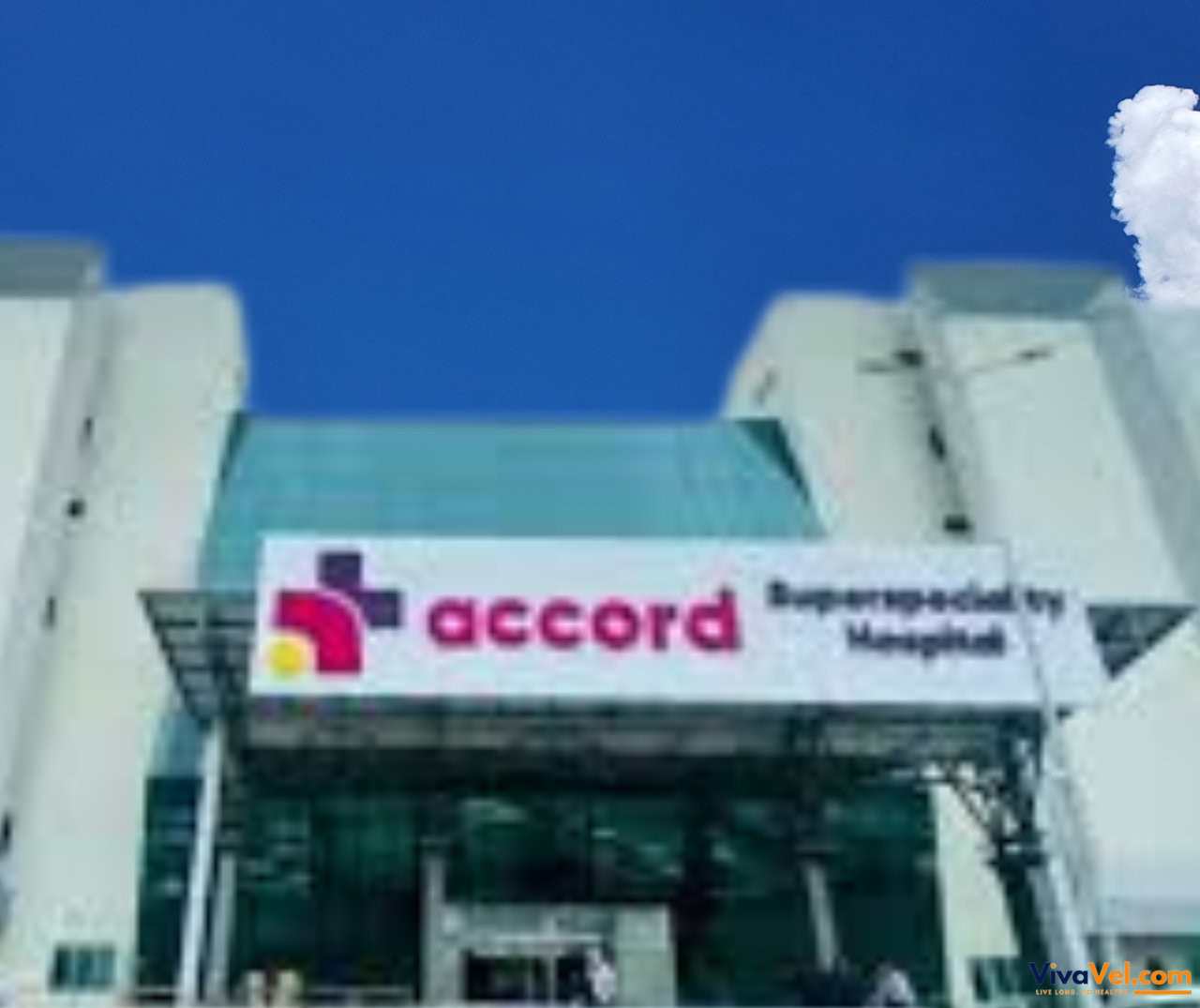


![]() Budena Village, Sector 86, Faridabad, Haryana 121002, India
Budena Village, Sector 86, Faridabad, Haryana 121002, India
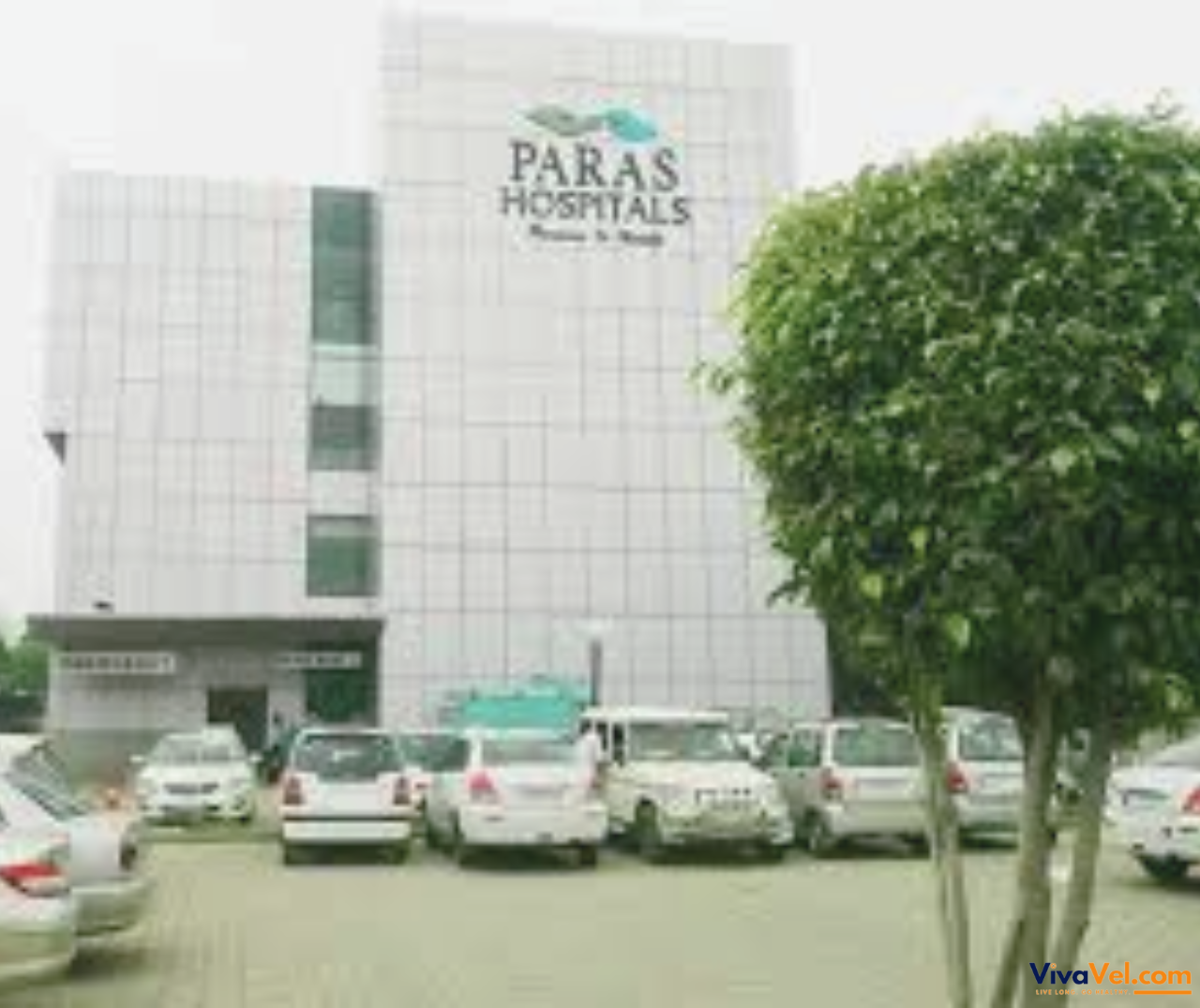


![]() C-1, Sushant Lok- 1, Sector-43, Phase- I, Gurugram, Haryana, 122002
C-1, Sushant Lok- 1, Sector-43, Phase- I, Gurugram, Haryana, 122002




![]() Lot 2, Jalan Baung 17/22, Seksyen 17, 40200 Shah Alam, Selangor Kuala Lumpur, 40200 (Malaysia)
Lot 2, Jalan Baung 17/22, Seksyen 17, 40200 Shah Alam, Selangor Kuala Lumpur, 40200 (Malaysia)

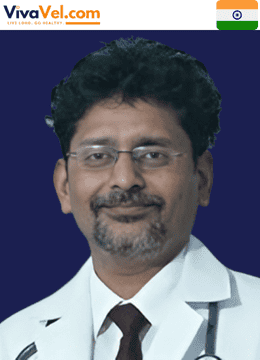
Dr. (Prof.) Rohit Gupta is a well-known neurologist in Faridabad, Haryana, India, with over 17 years of experience in clinical neurology. He achieved academic success...
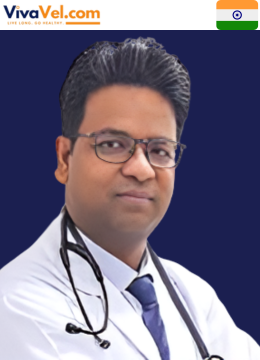
Dr. Sandeep Ghosh is a highly regarded consultant neurologist, currently practicing at the esteemed Neurosciences Department of Accord Superspeciality Hospital in Faridabad, ...

Dr. Vikram Dua is one of India's top neuro and spine surgeons. With over 26 years of experience, he has performed over 10,000 surgeries, with a success rate excee...
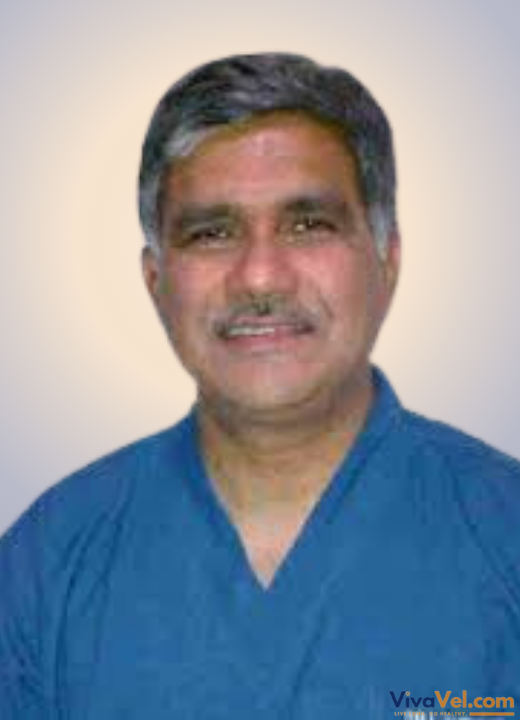
Dr. LN Tripathy is a highly esteemed neurosurgeon with an impressive 31-year career. Since April 2010, he has been the Director of the Medica Institute of Neurologica...
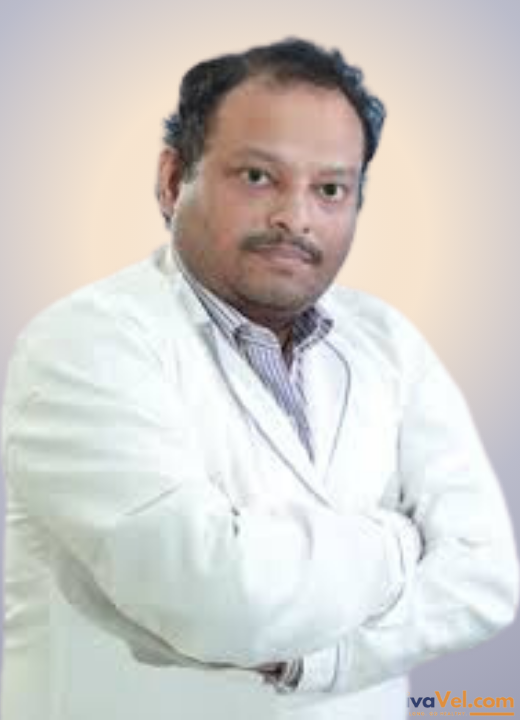
Dr. Anish Kumar is a highly experienced medical professional with over 21 years of experience, including more than 11 years dedicated to neurology. He is currently a ...
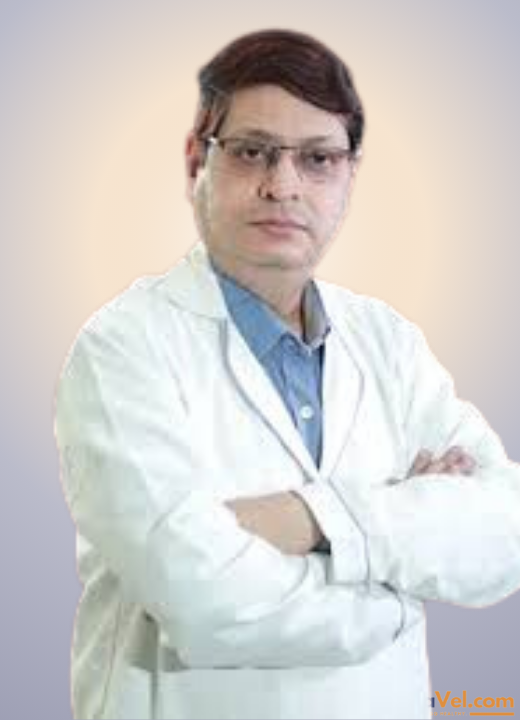
Dr. Kaushik Sen is a highly esteemed senior consultant neurologist with over 18 years of post-DM experience in neurology. He holds a gold medal in MBBS, an MD i...
Treatment Plan & Cost within 2 days
